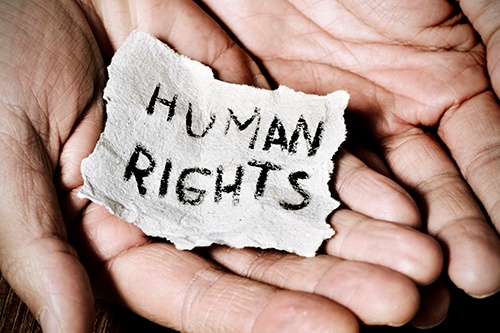
The grave human rights conditions in China’s Xinjiang Uyghur Autonomous Region, where Uyghur Muslims and other religious and ethnic minorities are subjected to internment and forced labor, among other abuses, demand international response. So far, the centerpiece of the U.S. response has been the Uyghur Forced Labor Prevention Act (UFLPA), signed into law by President Joe Biden in December 2021. The law is intended to prevent U.S. consumers from being complicit in these abuses through the purchase of Chinese goods made with forced labor. In doing so, it encourages global firms to take Xinjiang out of their supply chains in order to maintain access to U.S. markets.
At the time, it was believed that the forced labor problems were concentrated in a few key industries: cotton, polysilicon that underpins solar arrays, and tomatoes. Issued by U.S. Customs and Border Protection (CBP), the agency’s Operational Guidance for Importers—the quick start guide, if you will, for complying with the UFLPA—mentions only those three products by name.
But a recent report by U.K.-based researchers finds that the problems extend deep into the supply chains of virtually every major automobile manufacturer. To the extent the findings are credible, they massively complicate both practical and political challenges to proper enforcement. More fundamentally, they provide a test of just how willing the United States and other entities—including the European Union—are willing to go to respond to what the United States has called a genocide.


